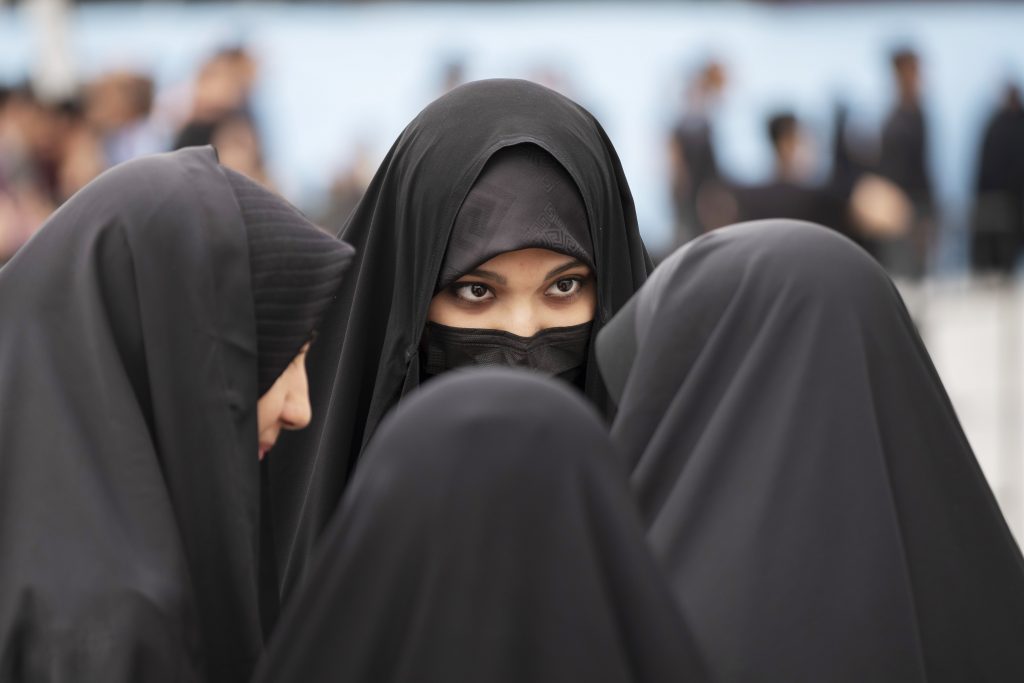Women to face 10-year jail term for ‘inappropriate’ dress under new Iran hijab bill

The Iranian parliament recently approved a contentious bill that would increase the prison sentences and fines imposed on women and girls who disobey the country’s strict dress code.
According to the bill, which stipulates a three-year “trial,” those who are dressed “inappropriately” could spend up to 10 years behind bars.
To become law, it still needs to be approved by the Guardian Council.
The action was taken one year after Mahsa Amini, a woman detained by morality police for wearing an allegedly inappropriate hijab, died while she was in their custody.
At the widespread anti-clerical establishment protests, where hundreds of people are alleged to have died as a result of a security force crackdown, women burned their headscarves or waved them in the air.
Despite the morality police returning to the streets and the installation of surveillance cameras, an increasing number of women and girls have stopped covering their hair entirely in public as the unrest has subsided.
Women and girls above the age of puberty are required to cover their hair with a hijab and dress in long, baggy clothing to hide their figures under Iranian law, which is based on the country’s interpretation of Sharia.
At the moment, violators run the risk of a prison sentence ranging from 10 days to two months or a fine ranging from 5,000 to 500,000 rials ($0.10-$10.14 at the black market exchange rate).
The “Hijab and Chastity Bill,” which stipulates that those found in public places dressed “inappropriately,” will face “fourth degree” punishment, was approved by parliamentarians on Wednesday by a vote of 152 to 34.
That amounts to a fine of between 180 million and 360 million rials ($3,651-$7,302) and a prison term of between five and ten years, per the penal code.

According to the AFP news agency, the bill also calls for monetary penalties for those who “promote nudity” or “make fun of the hijab” in the media and on social media, as well as for owners of vehicles in which a female driver or passenger is not donning the hijab or appropriate clothing.
It also states that anyone who encourages violating the dress code “in an organized manner” or “in an organised manner” or “in co-operation with foreign or hostile governments, media, groups or organisations” may face a sentence of five to ten years in prison.
The bill will now be sent for approval by the Guardian Council, a conservative body of clerics and jurists. If they believe the bill violates the law and Sharia, they have the authority to veto it.
Eight independent UN human rights experts issued a warning about the bill earlier this month, saying it “could be described as a form of gender apartheid, as authorities appear to be governing through systemic discrimination with the intention of suppressing women and girls into total submission”.
“The draft law imposes severe punishments on women and girls for non-compliance which may lead to its violent enforcement,” the experts said.
“The bill also violates fundamental rights, including the right to take part in cultural life, the prohibition of gender discrimination, freedom of opinion and expression, the right to peaceful protest, and the right to access social, educational, and health services, and freedom of movement.”
Source-BBC





